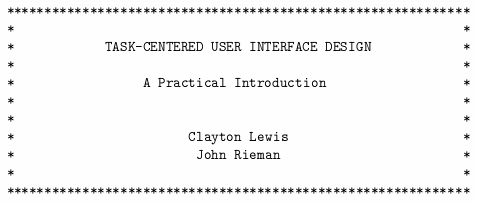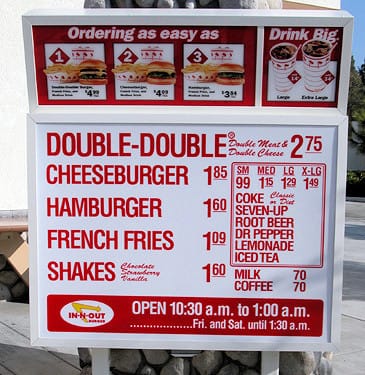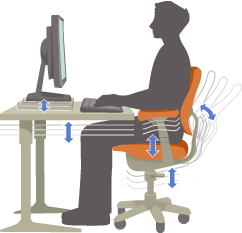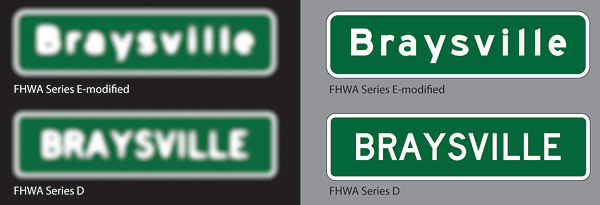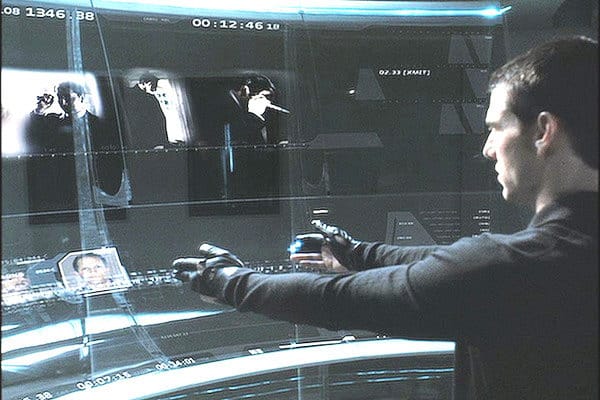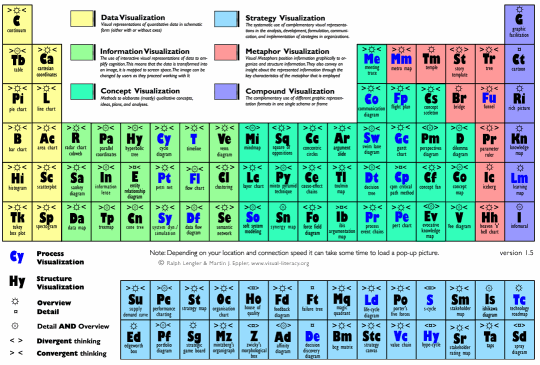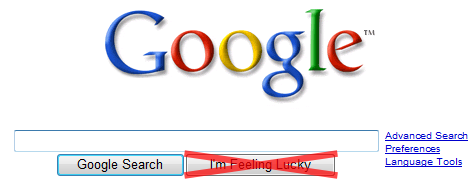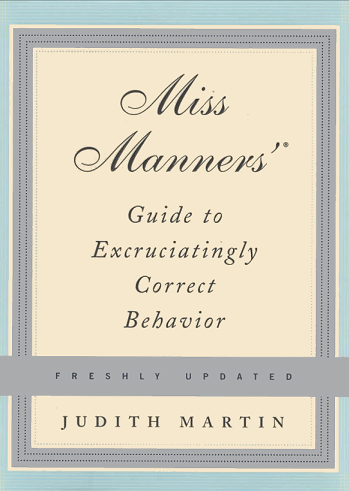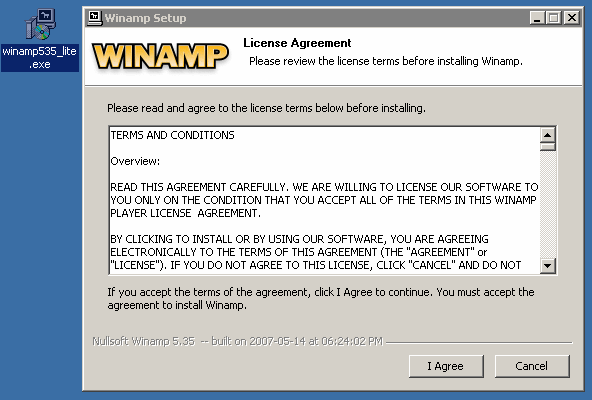
user experience
The Problem With Tabbed Interfaces
Cyrus Najmabadi* hates tabs in web browsers: Ok, I seriously don’t get tabs on Windows. Hell, I don’t get tabs on OSX either. In the latter there’s a great system called Expos, and in the former the taskbar does the job. Once I start using tabs, things

